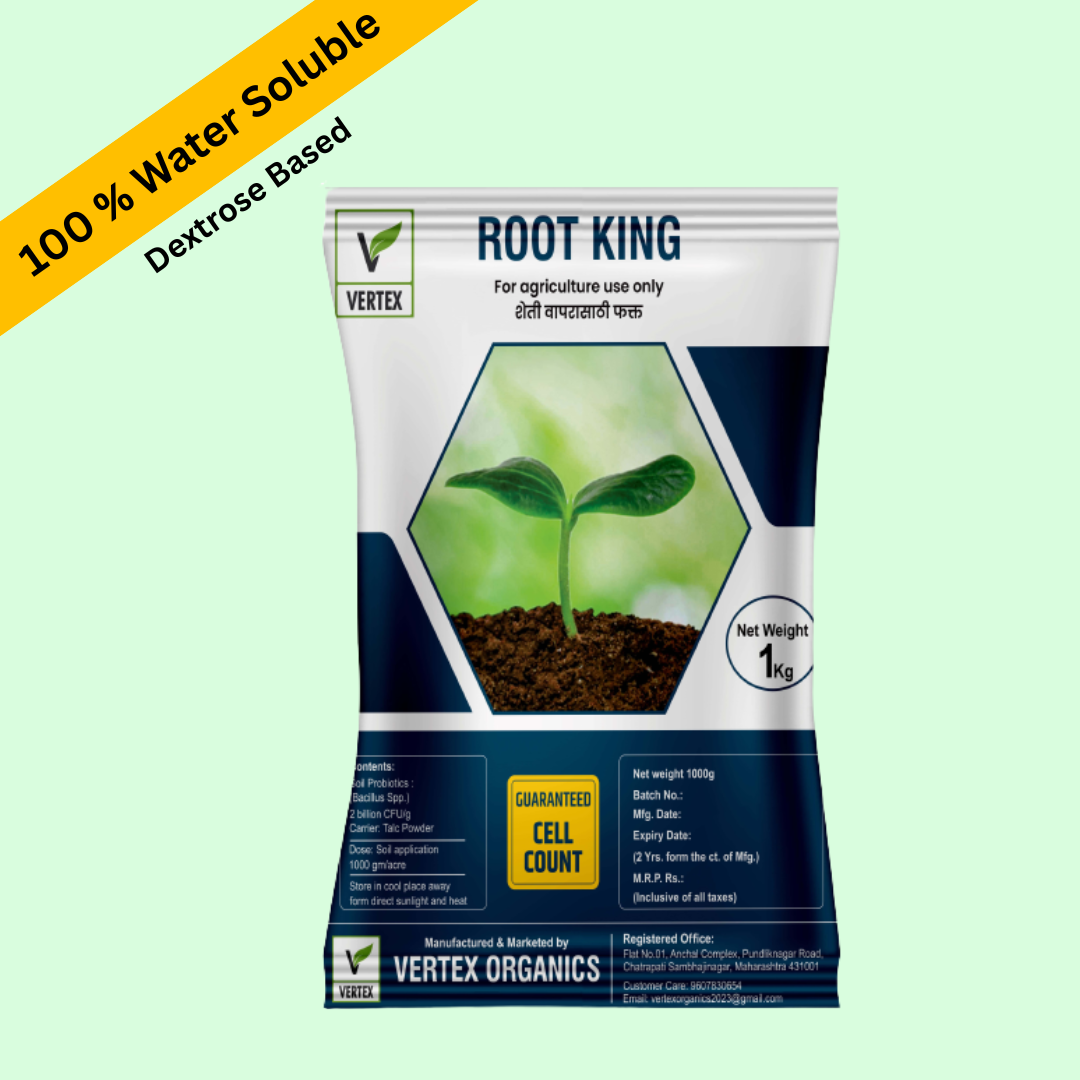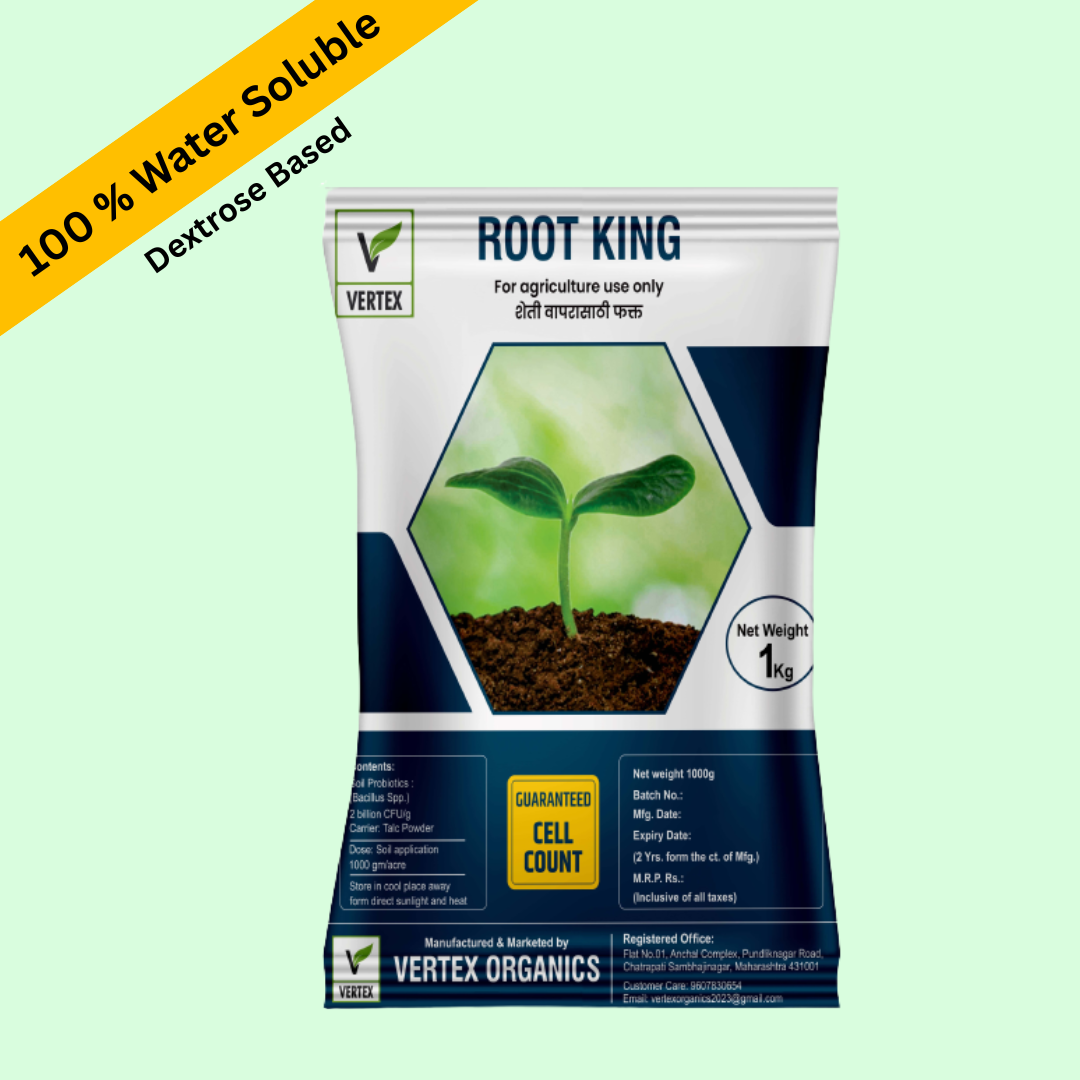Bactostore
Root King Trichoderma Reesei Dextrose Base
Root King Trichoderma Reesei Dextrose Base
Couldn't load pickup availability
-
Direct Mycoparasitism: Actively attacks and parasitizes fungal pathogens (e.g., Rhizoctonia, Sclerotinia, Fusarium, Pythium) by coiling around hyphae, penetrating them, and secreting cell wall-degrading enzymes (chitinases, glucanases, proteases).
-
Pathogen Cell Wall Degradation: Produces potent chitinases and glucanases that efficiently break down the chitin and glucan components of fungal pathogen cell walls, causing direct lysis and death.
-
Competitive Exclusion: Rapidly colonizes root surfaces (rhizosphere), seeds, and organic matter, outcompeting pathogenic fungi for space and essential nutrients (like iron via siderophores), reducing their establishment.
-
Induced Systemic Resistance (ISR): Primes the plant's own defense mechanisms (ISR), making it more resistant to a broad spectrum of subsequent pathogen attacks, even in parts distant from the application site.
-
Enhanced Root & Plant Growth: Promotes root development and overall plant vigor through the production of growth-stimulating compounds (phytohormones like auxins) and improved nutrient uptake, leading to healthier plants better able to withstand disease pressure.
-
Soil Health Improvement: Contributes to soil structure and fertility by decomposing organic matter and promoting beneficial microbial activity, creating a suppressive environment less conducive to pathogens.
-
Suppression of Sclerotia-Forming Pathogens: Particularly effective against pathogens like Sclerotinia sclerotiorum and Sclerotium rolfsii by degrading their tough, persistent survival structures (sclerotia), preventing germination and disease recurrence.
-
Reduced Reliance on Chemicals: Offers an effective, sustainable alternative or supplement to synthetic chemical fungicides, helping manage resistance development, reduce chemical residues, and meet organic farming standards.
-
Compatibility & Seed Treatment Potential: Well-suited for formulation as seed treatments, protecting germinating seeds and seedlings from soil-borne damping-off diseases. Often compatible with other biocontrol agents and some fertilizers.
-
Thermotolerance & Adaptability: Certain strains exhibit good tolerance to a range of temperatures and soil conditions, enhancing their field performance and reliability in diverse agricultural environments.
Share


